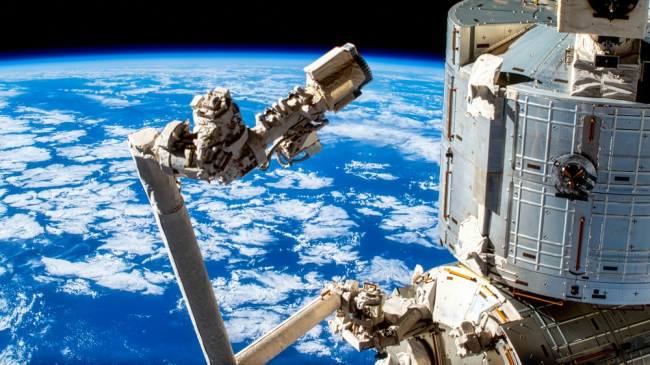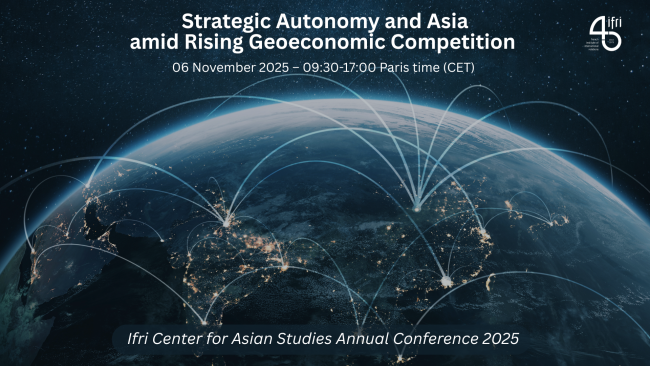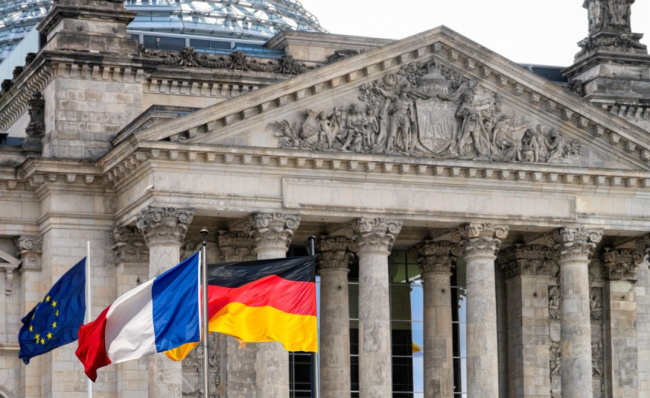
Practical information
As part of the Ifri Energy Program, a seminar with Matthias Dürr, Senior Manager, European Union Affairs, RWE AG, Susanne Nies, Head of Energy Policy and Power Generation Unit, Eurelectric, and Fabien Roques, Director, European Power, IHS Cambridge Energy Research Associates (CERA). Chaired by: William C. Ramsay, Senior Fellow and Director of the Ifri Energy Program and Jacques Lesourne, Chairman of the Scientific of the Ifri Energy Program.
Germany"s decision to close immediately seven nuclear power plants after the accident to Fukushima, and its subsequent decision to phase out all nuclear power by 2022 needs to be managed - and not just by Germany. The action has immediate implications for German and regional grid stability during the upcoming summer where alternative suppliers of kilowatt hours have their own challenges and Germany"s north is even more reliant on wind power. For the medium to longer term, Germany needs to find alternative sources of electricity in greater efficiency, more renewables, more fossil fuel and higher imports. German industry, a locomotive for the robust German economy is anxious about its cost of power. As the EU struggles to implement its third package, decisions by Member States will have a considerable impact on their collective success.
Other events

The Future of Space Cooperation: Challenges and Opportunities in the Trump II Era
The policy orientations of the Trump II administration profoundly challenge the foundations of international cooperation in space science and exploration. This shift reflects a broader trend of strategic disengagement and weakening of multilateral mechanisms in the space domain.

Strategic Autonomy and Asia amid Rising Geoeconomic Competition
Amid growing strategic and geopolitical uncertainty, Europe is grappling with the notion of its strategic autonomy. For Europe’s partners in Asia, the concept is also becoming increasingly salient as the world enters an era of structural transformation.

France-Germany, The Engine Under Pressure
Faced with a profoundly disrupted strategic and economic environment, Franco-German cooperation is more than ever the central pillar of Europe's future. The war in Ukraine, energy and technological dependence, and uncertainty about the strength of the transatlantic ties require urgent deepening of European sovereignty, both in terms of defence and economic and industrial competitiveness.








